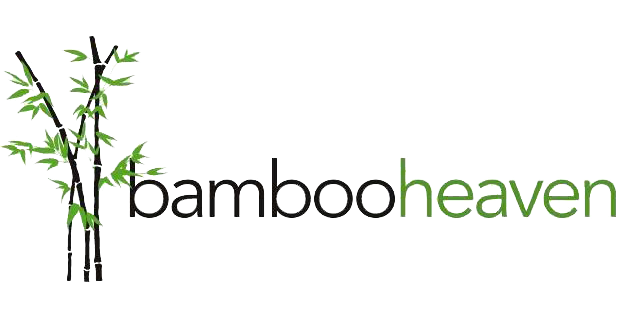World Bee Day: How to help save the vital insects
Bee colonies are collapsing around the world, but local beekeepers are fighting for the tiny but mightily important insect’s future.
They’re doing it by rejecting the use of pesticides, imported pollen and ‘fake’ honey.
Simon Mulvany, a beekeper from Victoria’s Mornington Peninsula and founder of Save The Bees Australia, is on a mission: To help save the nation’s honey bees, and give consumers a clear choice between imported and local honey.
For the past three years, the single father has been embroiled in a legal battle with the nation’s largest honey producer, Capilano Honey, after accusing the company of selling “toxic” imported honey and passing it off as Australian.
A crowdfunding campaign has helped him pay for his legal defence, with nearly $70,000 donated by more than 1600 people since his GoFundMe campaign launched in 2017.
Far from being deterred by the legal stoush, Mr Mulvany remains single-minded in his mission to protect Australia’s bees and local honey industry.
The solution is so beautiful, and it’s small-scale localised farming.”“Bees thrive in urban areas because you can’t use as many insecticides,” he said.
“But in agricultural areas, where you’d expect bees to be, they’re dying due to monoculture farming, industrialised farming and land clearing.”
‘Fake honey’ found on supermarket shelves
Last year, researchers tested the honey on Australia’s supermarket shelves and found that nearly 50 per cent was “adulterated” with impure overseas honey.
Phil McCabe, president of the International Federation of Beekeepers, told the ABC that consumers were being duped into eating fake honey.
“Adulterated honey isn’t honey at all,” he said.
“By and large [the impurity] is some kind of syrup that’s been converted to look like honey, it tastes like honey.
“Everything about it seems to be honey, when in fact it’s just sugar syrup or something else.
Consumers don’t realise what they are buying and eating isn’t honey.”
The findings prompted supermarket giant Coles to pull Capilano’s Allowrie range of honey, which contained honey from China and Argentina, from its shelves.
Capilano, which is part-owned by media mogul Kerry Stokes, denied any wrongdoing. In January, however, the company announced that it would retire the Allowrie brand.
“The business will begin transitioning out of the brand in a first step on the journey to making all honey products 100 per cent Australian,” a statement by Capilano said
Local beekeepers’ livelihoods threatened
Cheap, low-quality overseas honey is threatening the nation’s local honey industry, Mr Mulvany said.
Australia’s lost a lot of beekeepers because of the low honey price.”
“In New Zealand, they banned imported honey and their wholesale price went up to $12 [per kilogram] whereas beekeepers here are often getting less than $4 per kilo.”
Tougher product labelling laws would also help shoppers distinguish between local and imported honey.
“At the moment the label only tells you the amount of Australian honey in the jar, but doesn’t actually tell you where the rest of it comes from,” Mr Mulvany said.
“[Stricter labelling laws] would lift the honey price, encourage more beekeepers, and give the consumer a higher quality product.” An online petition calling on the government to ban imported honey, or require it to be labelled with its country-of-origin has garnered more than 185,000 signatures.
How consumers can help
May 20 is World Bee Day and there are a number of online resources for consumers seeking to support local beekeepers.
Save The Bees’ “community honey map” allows consumers to connect with their nearest local honey producers and stockists in person or online.
Mr Mulvany urges consumers to buy only raw, 100 per cent Australian honey.
“Supermarket honey has been pasteurised, that generally means they have to warm it up hotter than it would be in the hive,” he said.
“Raw honey has all the natural properties of honey.”
Isabelle Lane

